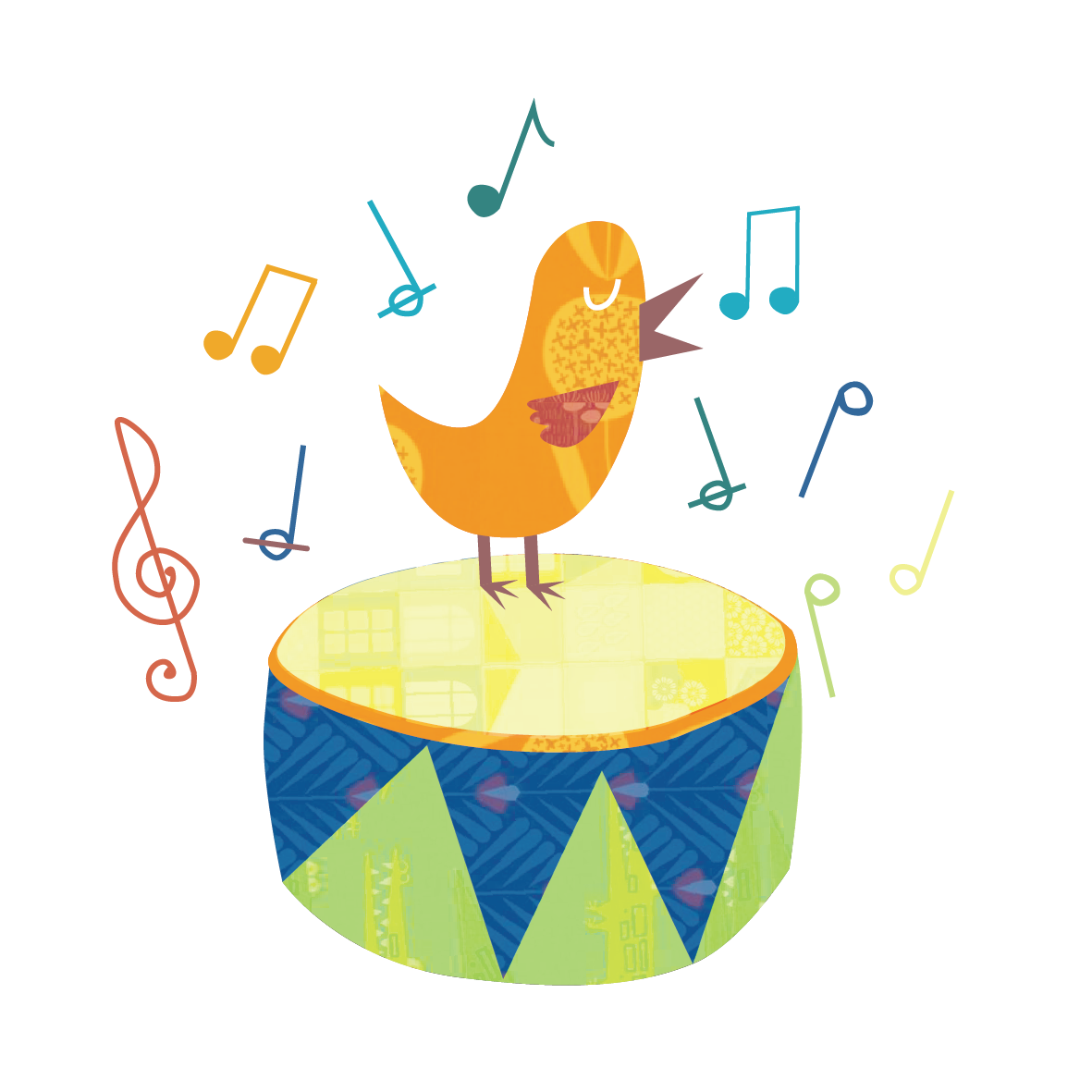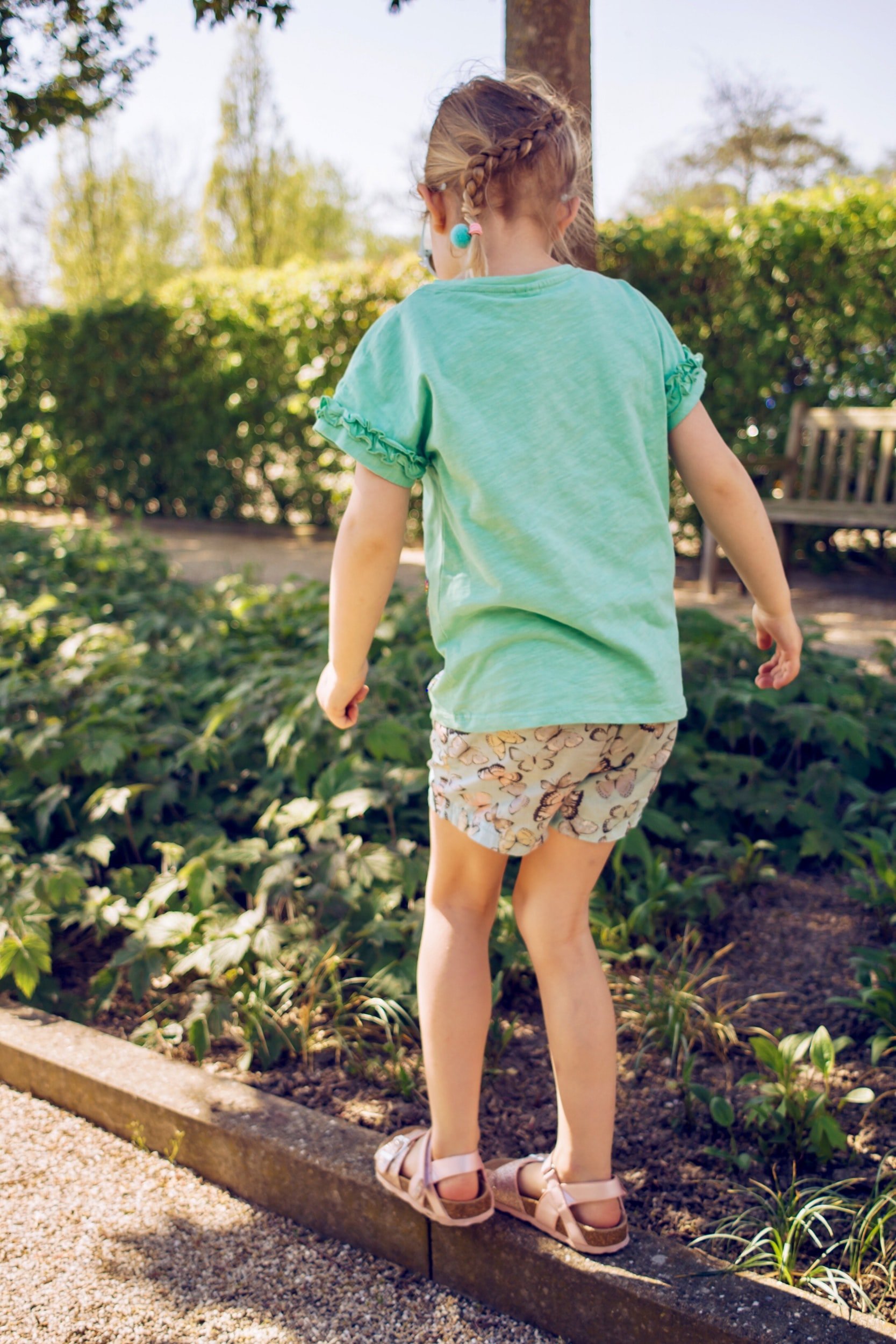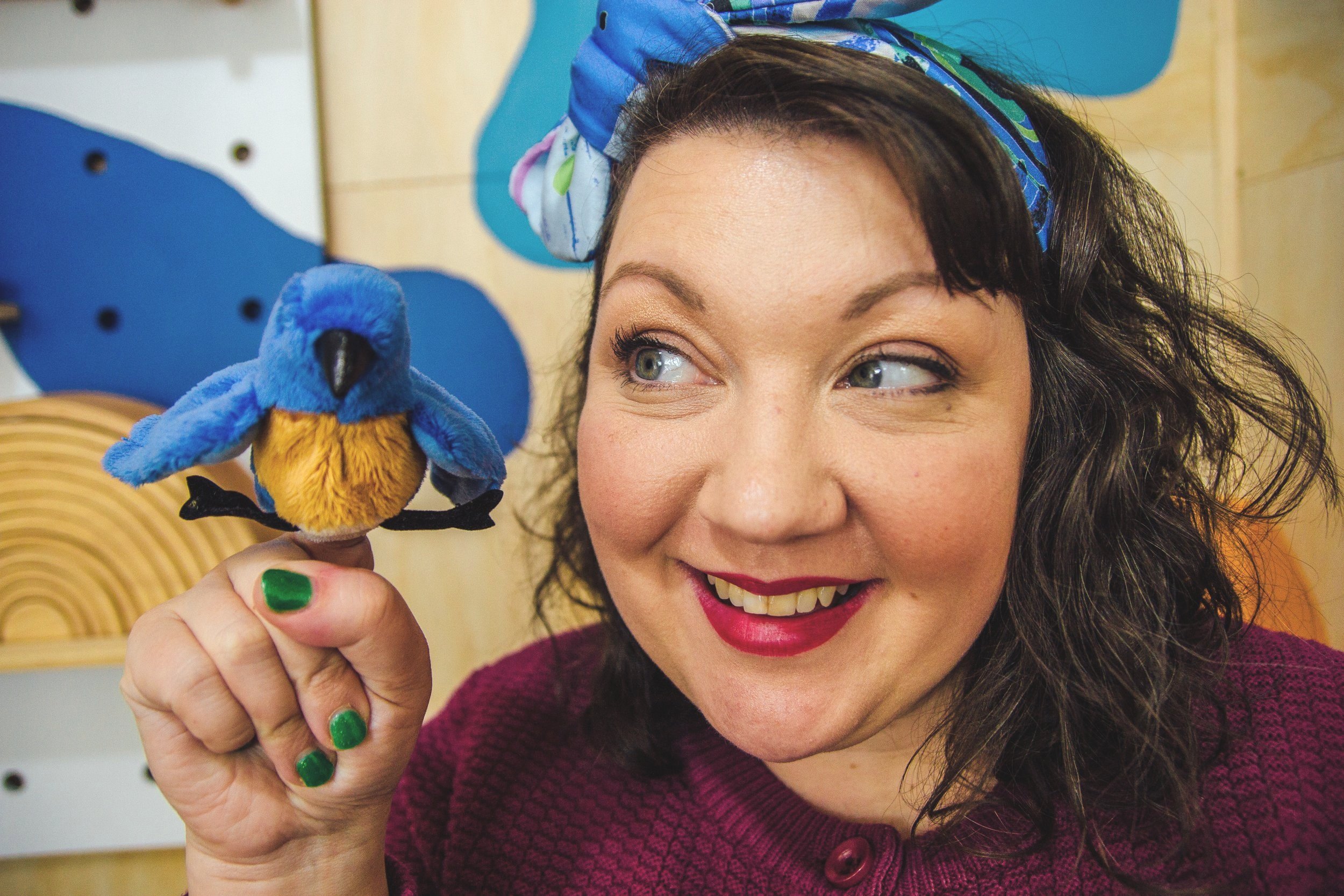The Easiest Things You Can Do to Support Your Child's Musical Development
I could go on forever about the many benefits of music development in early childhood. It just has SUCH a huge flow-on effect in other areas of growth and development in young brains.
Music can help little ones with social and emotional learning. It’s been proven to calm babies down, help children recognise and release emotions, and teach them self-regulation skills.
It’s also been shown to improve bonds and connections, establish secure attachments and trust, and teach important lessons about social rules.
Music has similar components to language, helping with early language learning. Through nursery rhymes, which are ordered, sequenced, repetitive, and predictable, children learn how to put together vowels, consonants, words, and even whole sentences.
There’s so much more besides but if you let me go on about this too long, this article will become an essay! So how can you support music in your child’s young life? Here are some of my favourite musical activities for early childhood.
Easy musical activities for 1-2 year olds to support your child’s musical development
Change the station
The best music for a child’s growing brain? It’s not one type of music. It’s lots of DIFFERENT music.
Make a conscious effort to expose your child to new sounds—music from around the world, in every tonality, emotion, musical key, instrumentation, and time signature you can find.
Don’t just play them the genres you usually listen to. Invite them to enjoy virtually any genre of music: blues, folk, metal, rock, jazz, reggae, EDM, muzak, K-pop…
Music is wonderfully varied, it’d be a shame to limit their playlist to The Wiggles (YUCK!).
Once your child has started developing their own tastes, get them engaging with music through conversation. Ask them what they like and what sounds they can hear within the music.
Read my big list of awesome adult music to play for your kids here.
Explore sounds together
Take on a fun journey of sound exploration with your little one! My two boys love nothing more than banging, crashing and bopping on just about any surface to see what sounds they make.
Sure, it’s not the most relaxing environment to live in but I take comfort in knowing they’re learning lots of different things! That includes physics, vibration, cause and effect, the resonate properties of different materials, how sound is created and can be stifled—and my boys’ role with that.
They’re developing gross motor skills, building their muscles and learning about control and intent in their dynamic (volume) contrasts.
You want your child to be curious and to experiment and learn. And when they lead the charge, it comes with whole new levels of excitement.
Get some inspiration on how to encourage that curiosity and those musical explorations here.
Seek out live music
It’s not the easiest thing to do at the moment but it’ll do wonders for your child’s musical development if you can get them in front of live music so they can watch its creation as it happens.
The best live music is:
Organic
Played with real instruments
Performed well by pros
Delivered with passion
Immersive
When you get the chance, take your child to explore the city or visit a market and watch live buskers. Give them a chance to get up close to the instruments or dance and move however they want to.
Get more ideas on places where you can immerse your child in live music here.
Engage in a little vocal exploration
Children love to make funny noises so it’s not a stretch to encourage a little vocal experimentation with them. Try raising the sound, moving your body up as the sound gets louder, then lowering your body as your voice gets quieter.
This is a great activity that makes the most of the kinesthetic link we have between the sound we’re hearing and how we move our bodies. It teaches children to become aware of changing pitch and pitch placement—which are the foundations for being able to sing in tune!
Get an idea of how to explore vocal sounds with your child here.
Keep up the work at home
There’s little point in giving your child a musical education in an early learning music program if the ideas aren’t being reinforced at home. Think of it like the way children learn language. If they only hear words once a week at daycare, they’re unlikely to become fluent, but if they’re hearing language all the time then children’s brains act like knowledge sponges and learn at a phenomenal rate.
Music is the same.
Music educators are intentional about what your child learns in an early learning centre, in a music class, or through an online membership like our Children’s Online Music Sessions.
Quality music programs for early childhood are often scaffolded so your child is challenged just enough to keep them in that optimum learning space but confident about their progress.
But none of this work—on pitch, beat, rhythm, and tempo—will stick if you don’t take that learning home and integrate it into their regular play.
Find out how to continue their musical education at home here.
Just sing!
No matter how much you feel the opposite, YOU are your child’s best vocal model. Not Beyonce. Not Andrea Bocelli. You.
There are so many deliciously beautiful neural connections happening when you sing to your child.
Your child doesn’t care if you’re a bit out of tune. When you sing to them with a smile, with love, you’re demonstrating a positive vocal image, creating opportunities for bonding, and making them feel safe and connected.
Someone convinced you that you CAN’T sing? We’ll prove them wrong and give you plenty of nurturing and encouragement.
Gain confidence in your singing with these simple exercises.
Looking for more guidance in your child’s musical development?
We know it can be tricky to find new ideas to bring music into the home, especially when it comes to active music-making (which is the best kind of music experience you can give your little one).
Grab a FREE online music-making session from our Children’s Online Music Sessions membership and get some fresh inspiration to stimulate your little one’s musical creativity.








